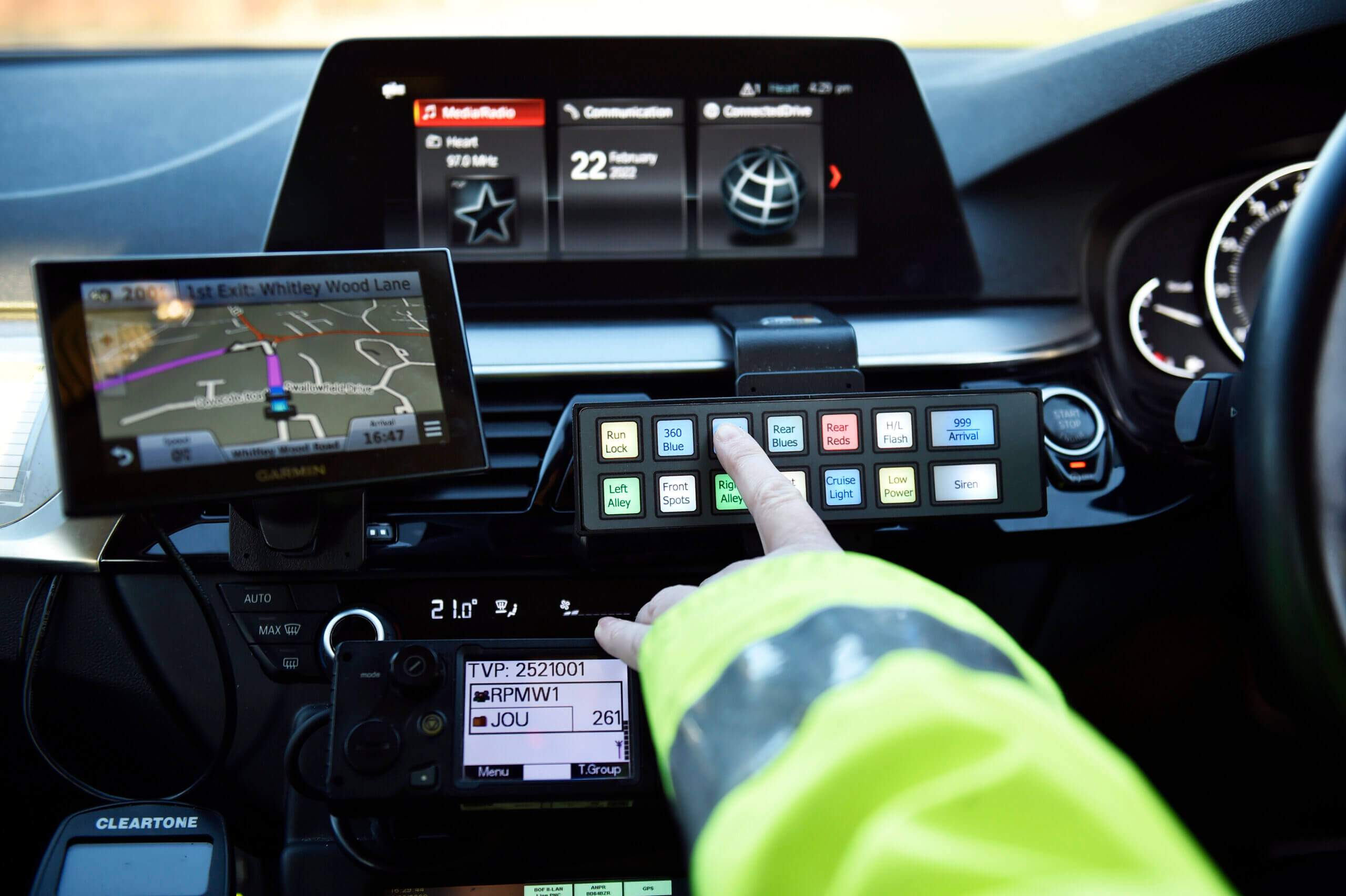The Office of the Police & Crime Commissioner (OPCC) for Thames Valley and Violence Reduction Unit (VRU) will benefit from more than £400,000 of funding towards technology and data to help prevent crime.
Matthew Barber, Police and Crime Commissioner for the Thames Valley, has today (16 June) welcomed funding which has been awarded through the NPCC’s STAR (Science, Technology, Analysis and Research) Fund.
The OPCC will receive £109,145 towards the trialling of a predictive mapping approach to partnership problem solving and multimedia resources to support behavioural change outcomes across youth justice (Project 180).
Matthew said: “I am delighted to see that my office has benefitted from the STAR Fund, providing important investment in the reduction of crime across Thames Valley.
“I look forward to seeing the outcomes from this funding, and the impacts they will have on our communities.”
Utilising newly developed partnership data tool called InterACT, we will test the use of harm scores as an improved approach to problem solving with and for our partners. Working with our network of community safety partners, we aim to test, train and apply the approach for use in real time.
Project 180 will create and equip youth justice officers and practitioners with engaging and effective behavioural-change resources. Centred on video testimonies from people impacted by youth crime, these resources will support reflective conversations between young people and professionals.
The VRU will receive £255,266.88 towards data quality improvements (DaQIOA) and Prediction of Traumatic Brain Injury (TBI) which is a tool for investigation, harm reduction, and violence prevention.
Stan Gilmour, Director of the Violence Reduction Unit, said: “I welcome today’s funding announcement received from the NPCC’s STAR Fund.
“With this funding, the Violence Reduction Unit will be able to make improvements in data capture by frontline staff, as well as having access to cutting edge investigative tools aiming to reduce harm and prevent violence.”
DaQIOA will drive effective data capture by frontline staff using innovative technology. It will also allow for the development of advanced analytical activity to inform frontline preventative activity, focused on public space violence and crime prevention activity.
TBI is prominent in cases of violence, both as a cause and an outcome. By building on preliminary and published results, demonstrating its validity in the context of paramedic information, a software tool will be developed to predict the likelihood of a given head impact scenario leading to a clinically assessed trauma.


